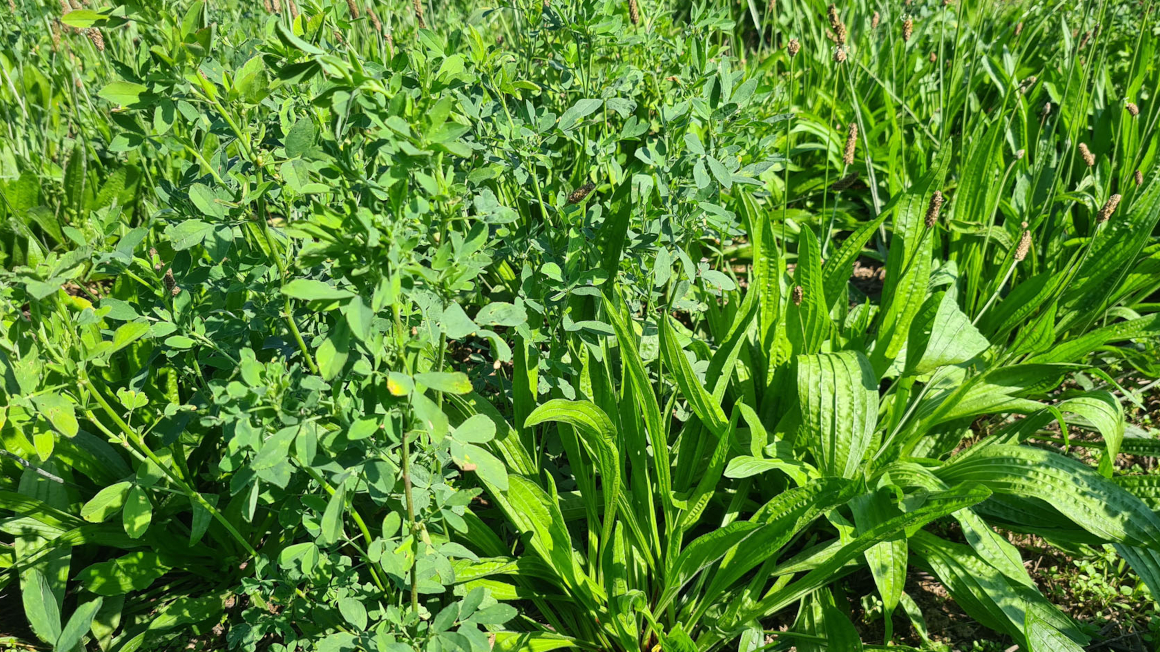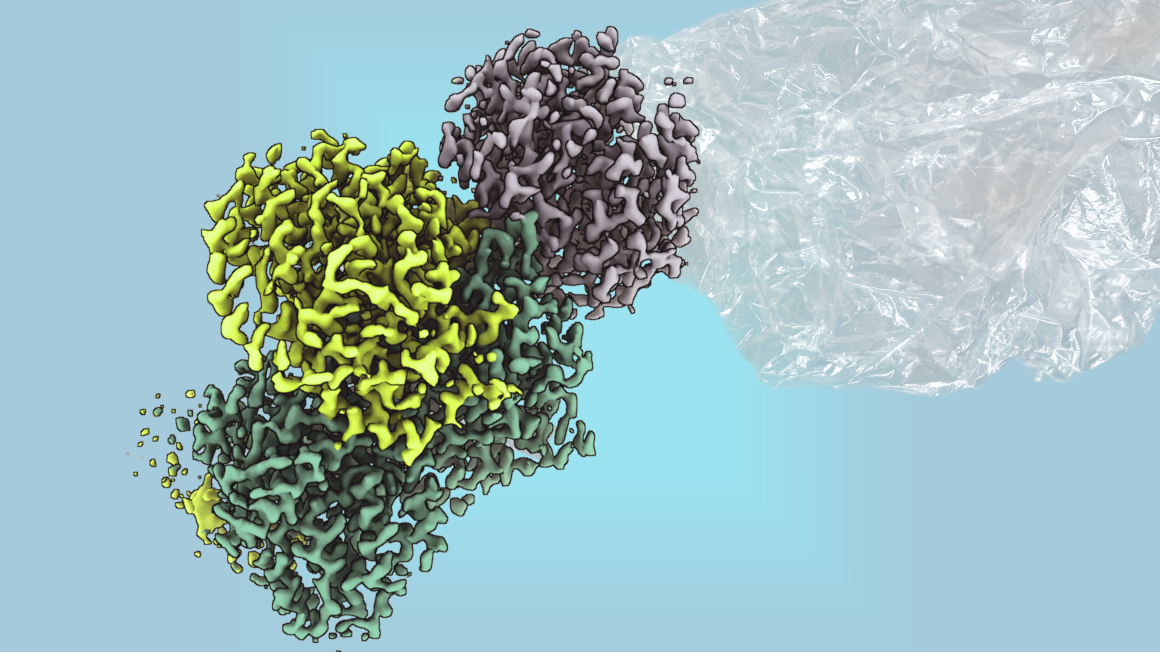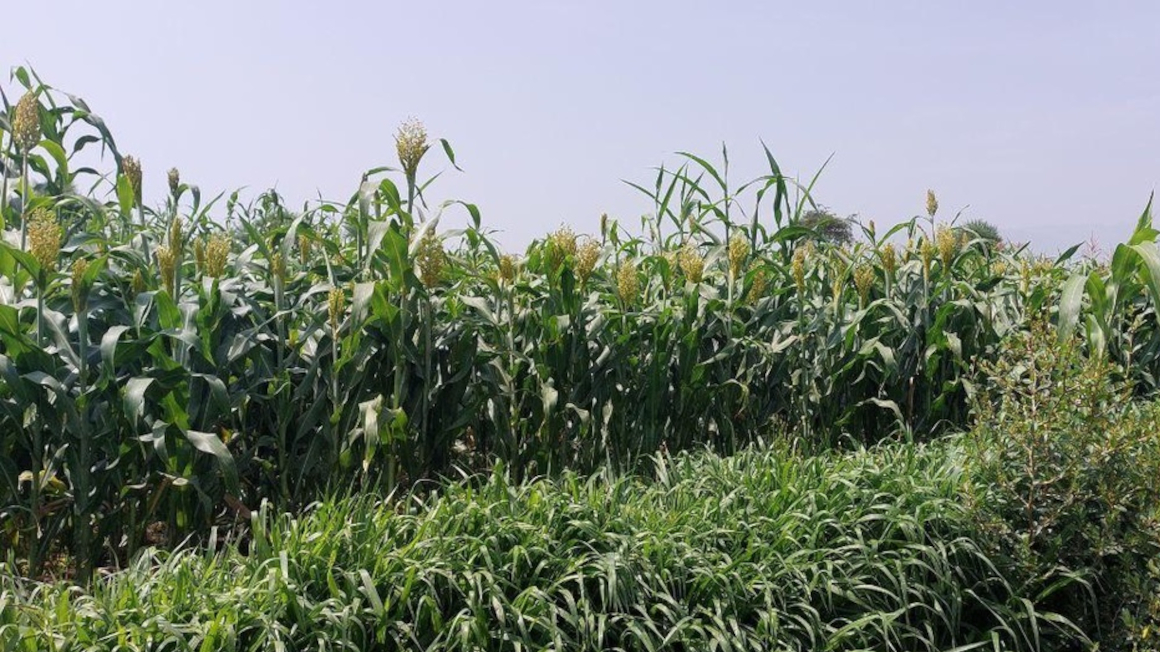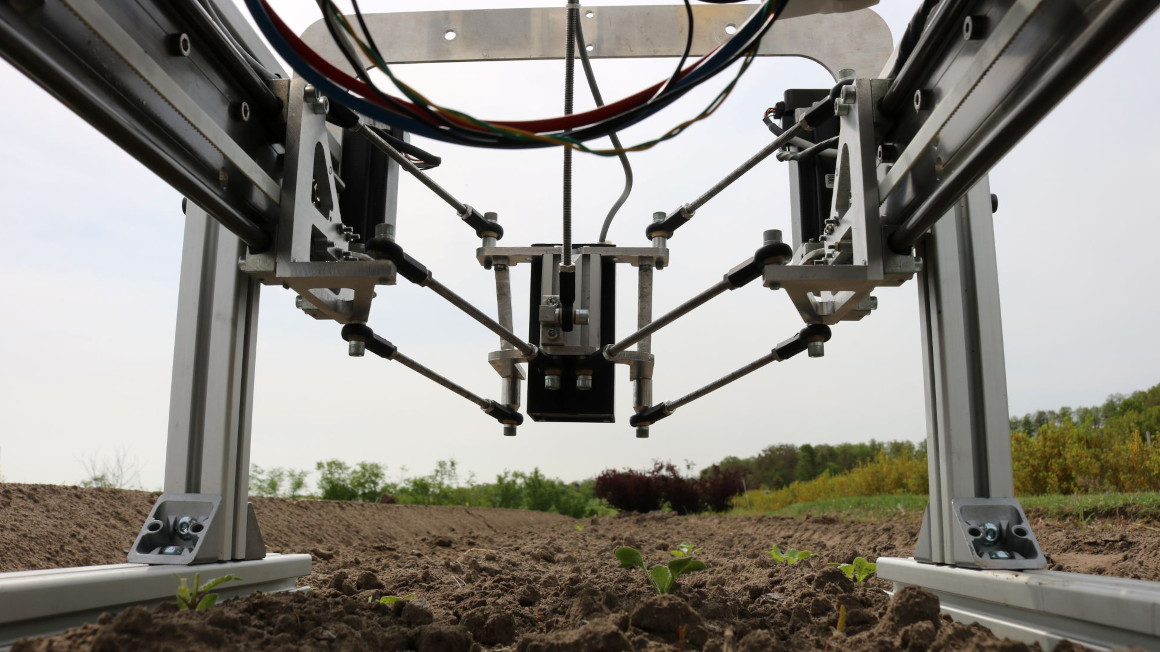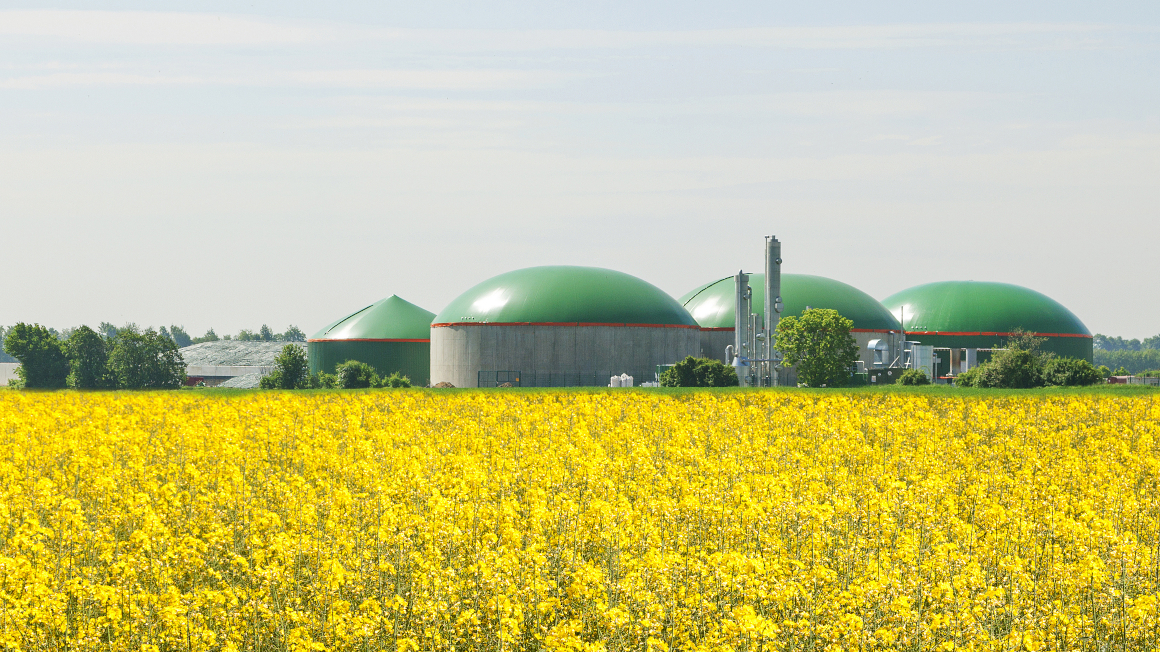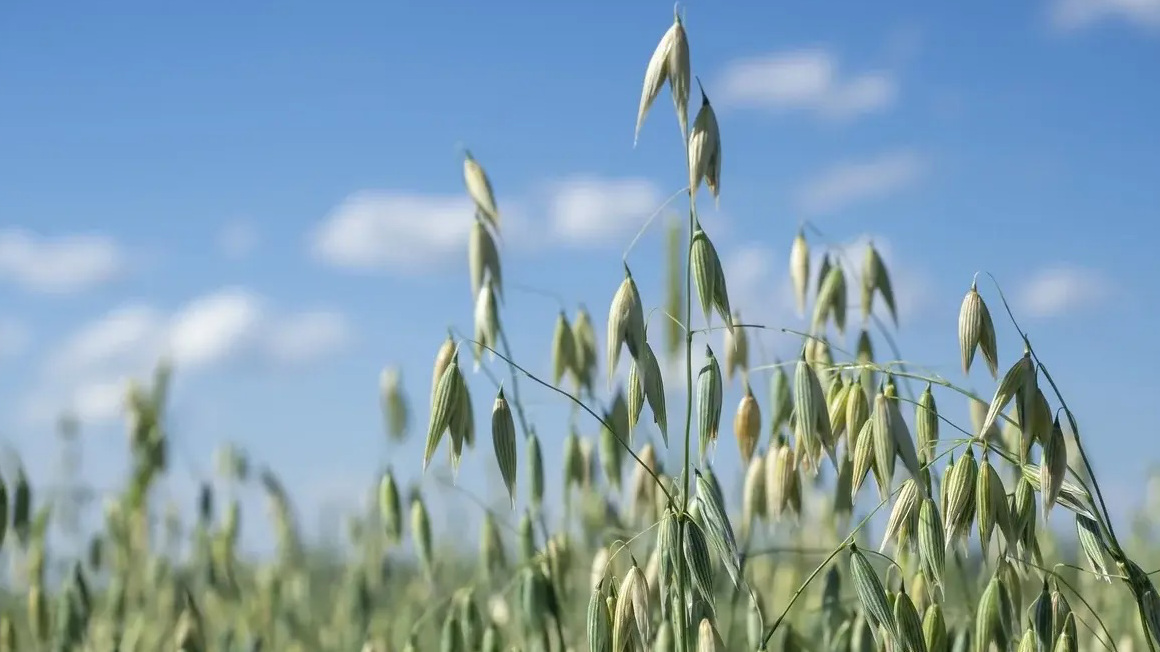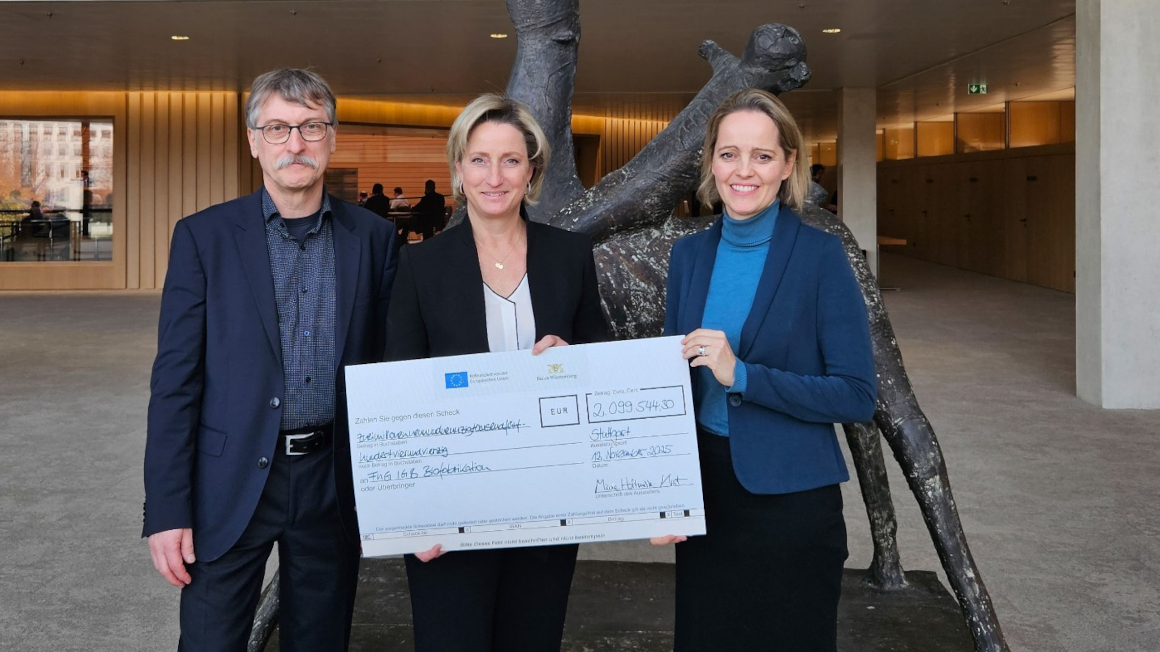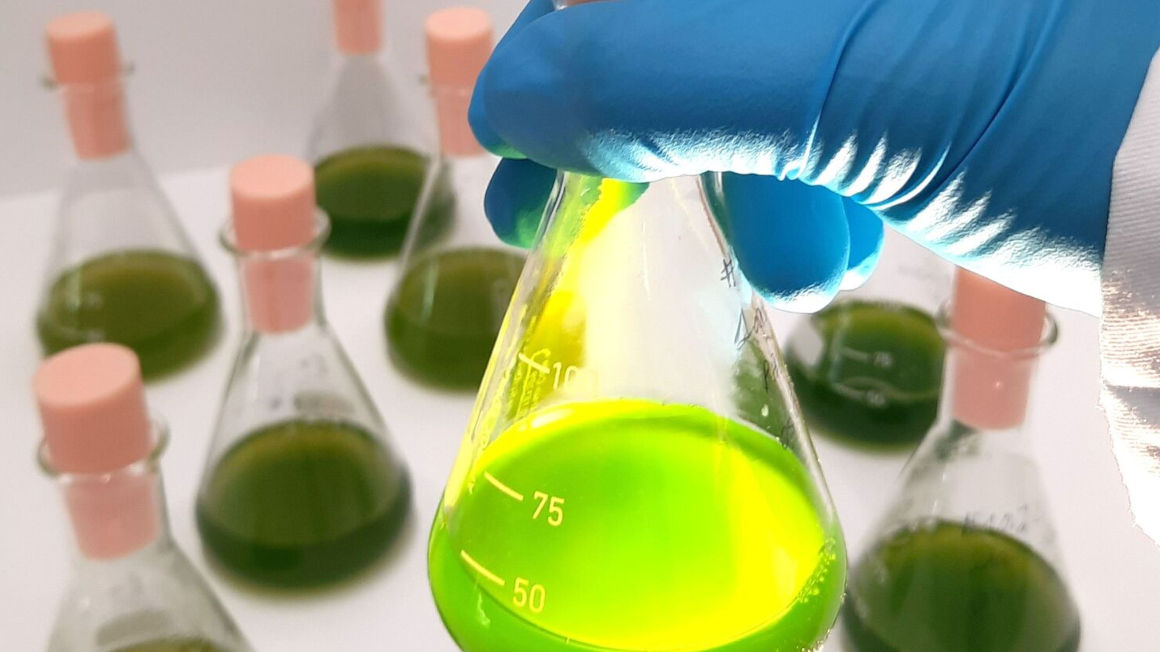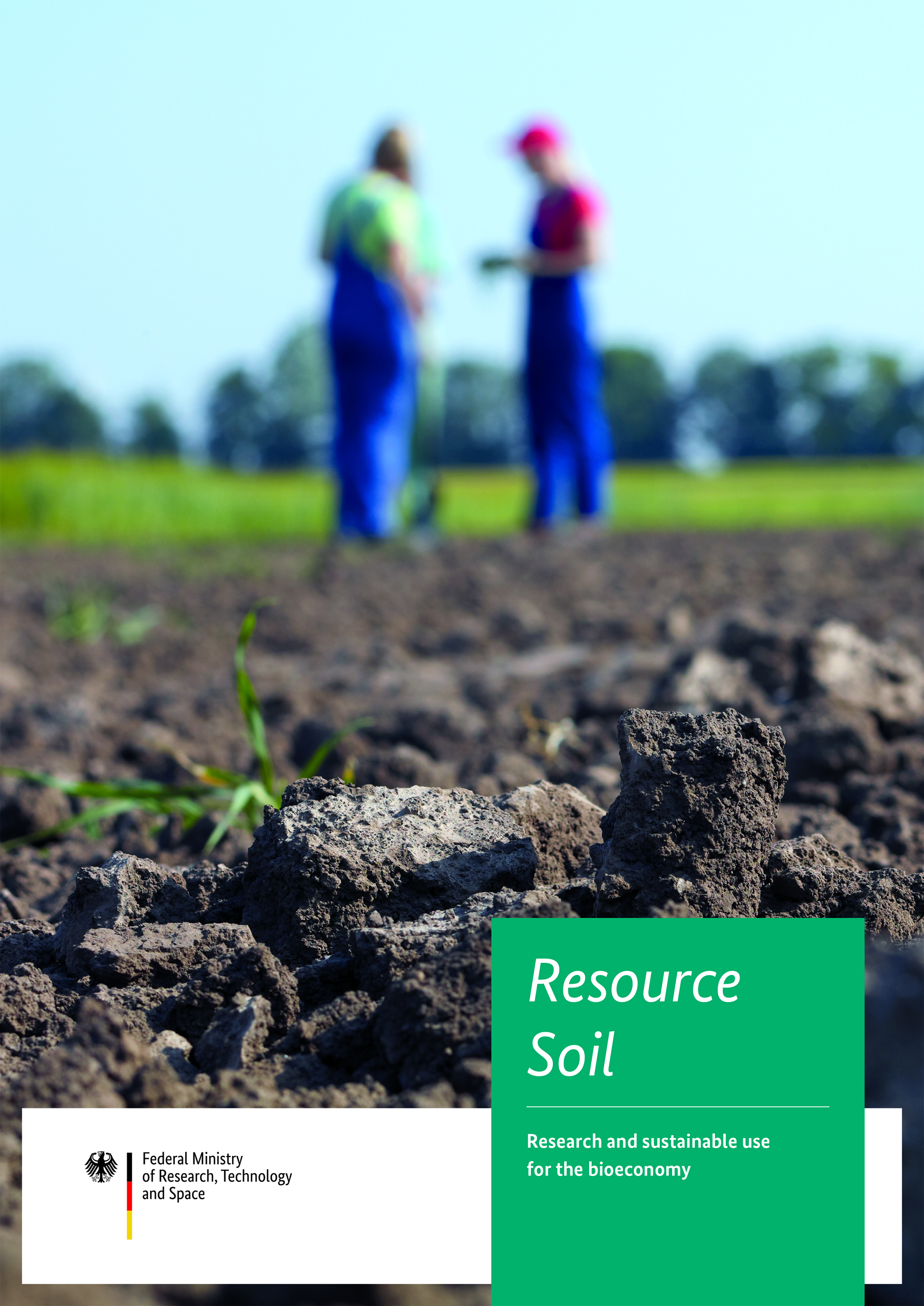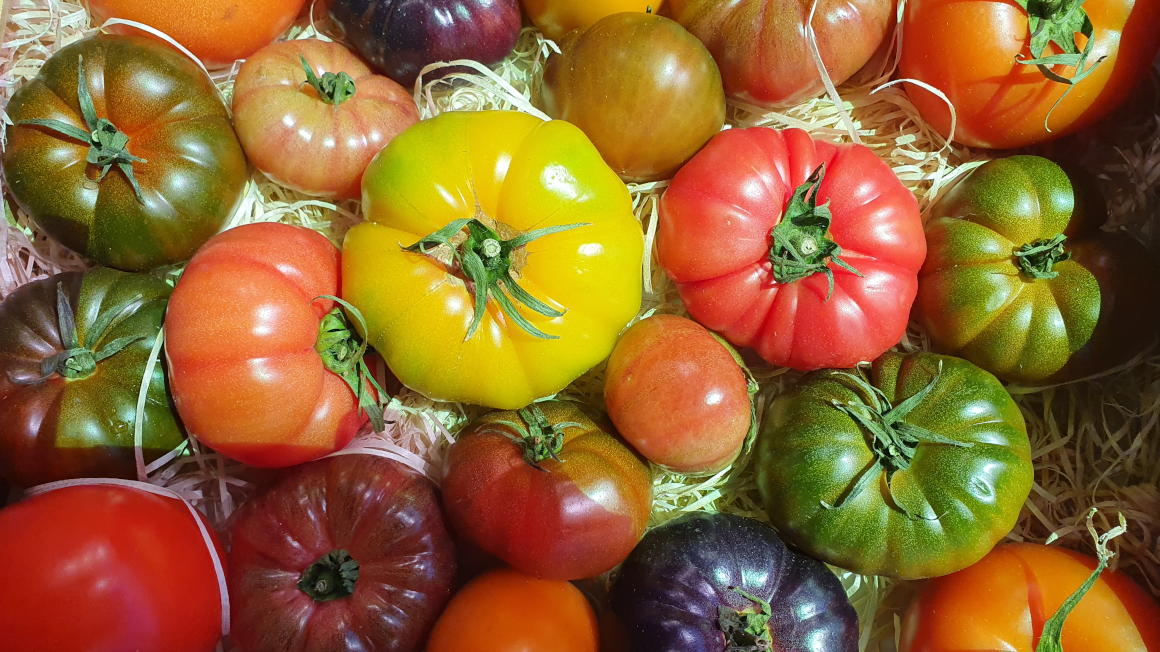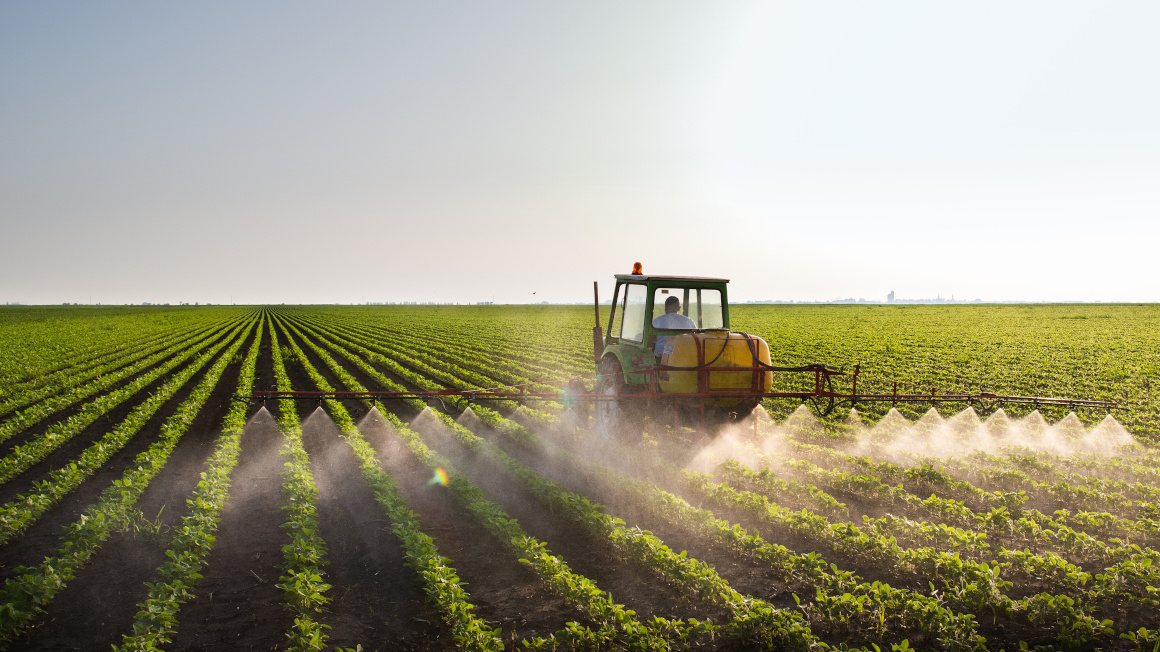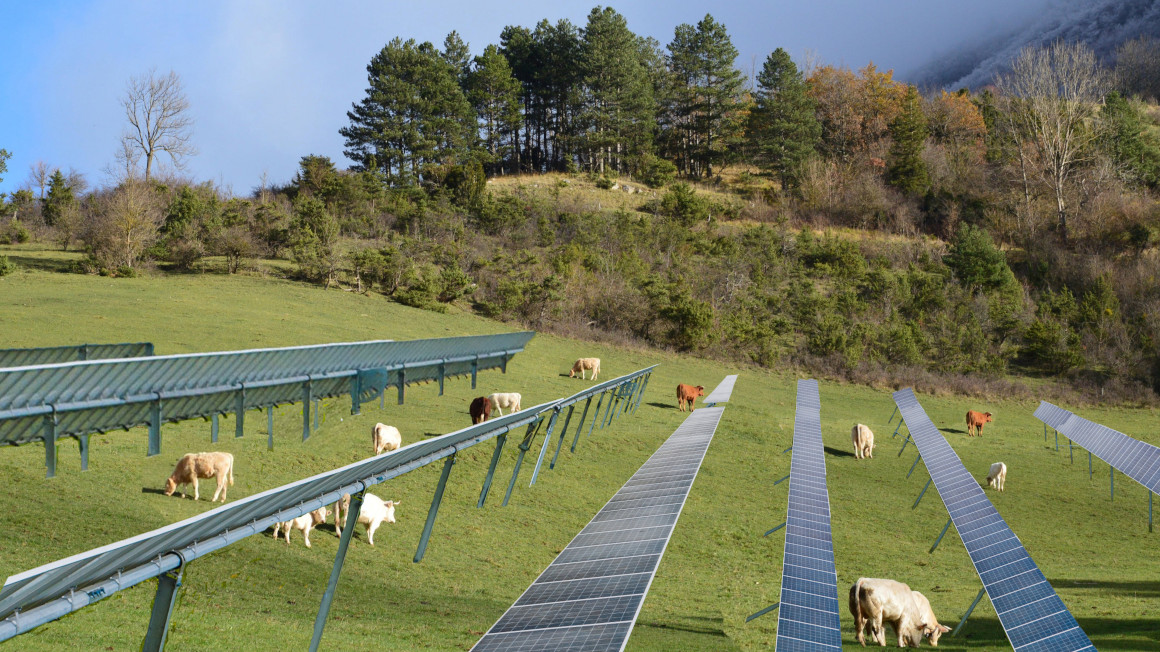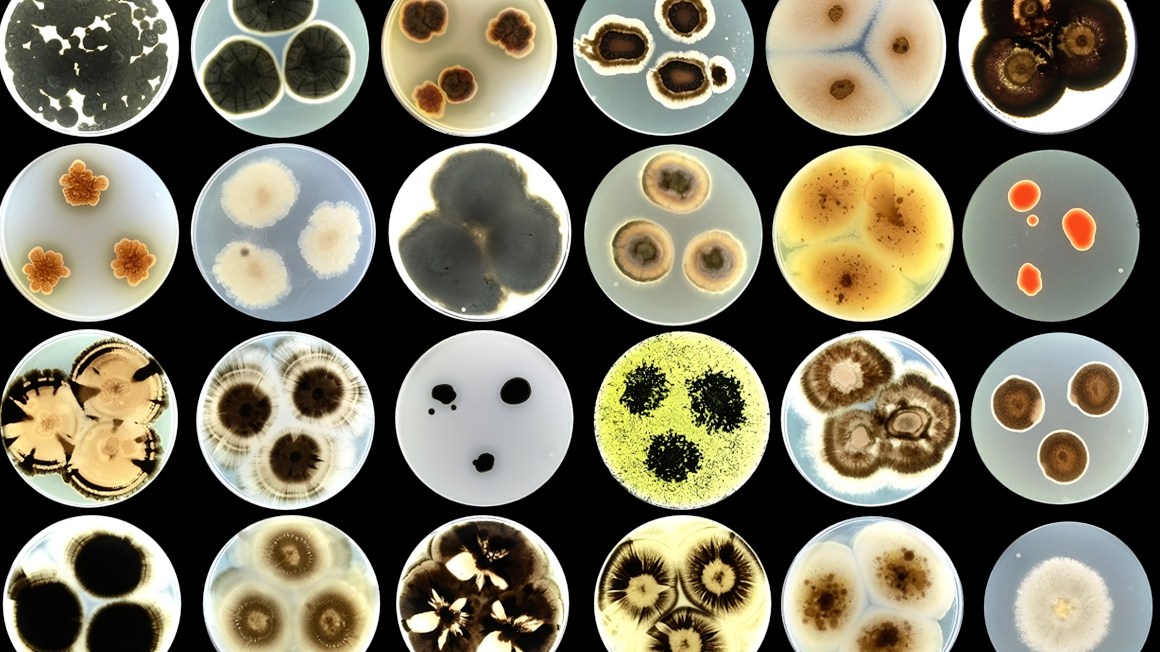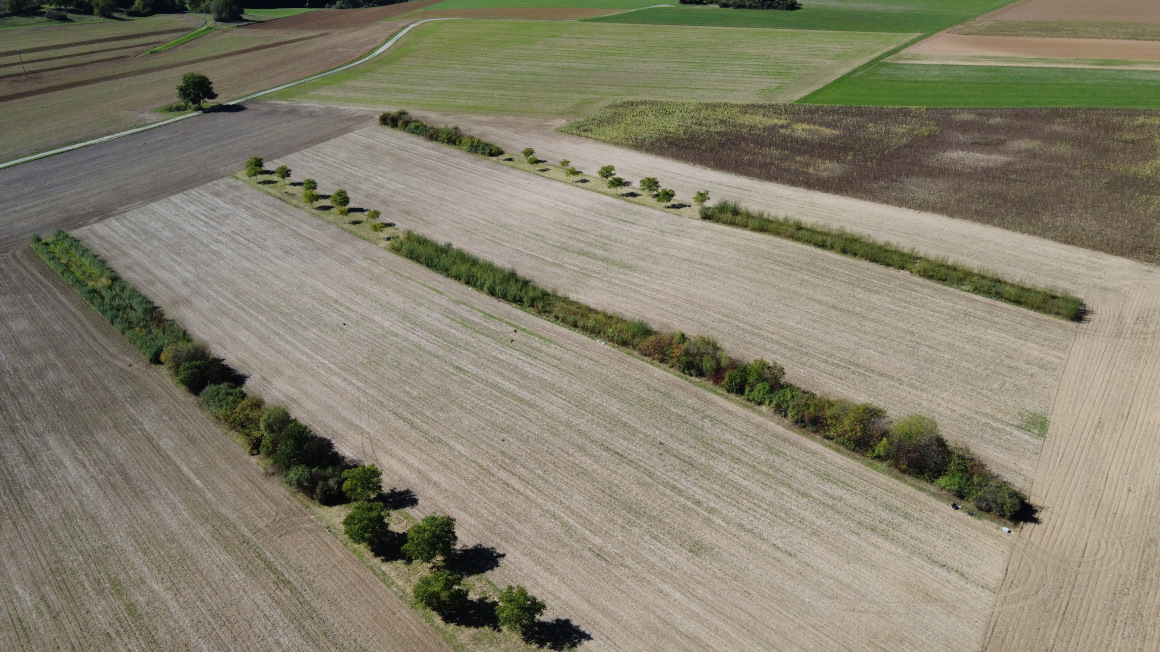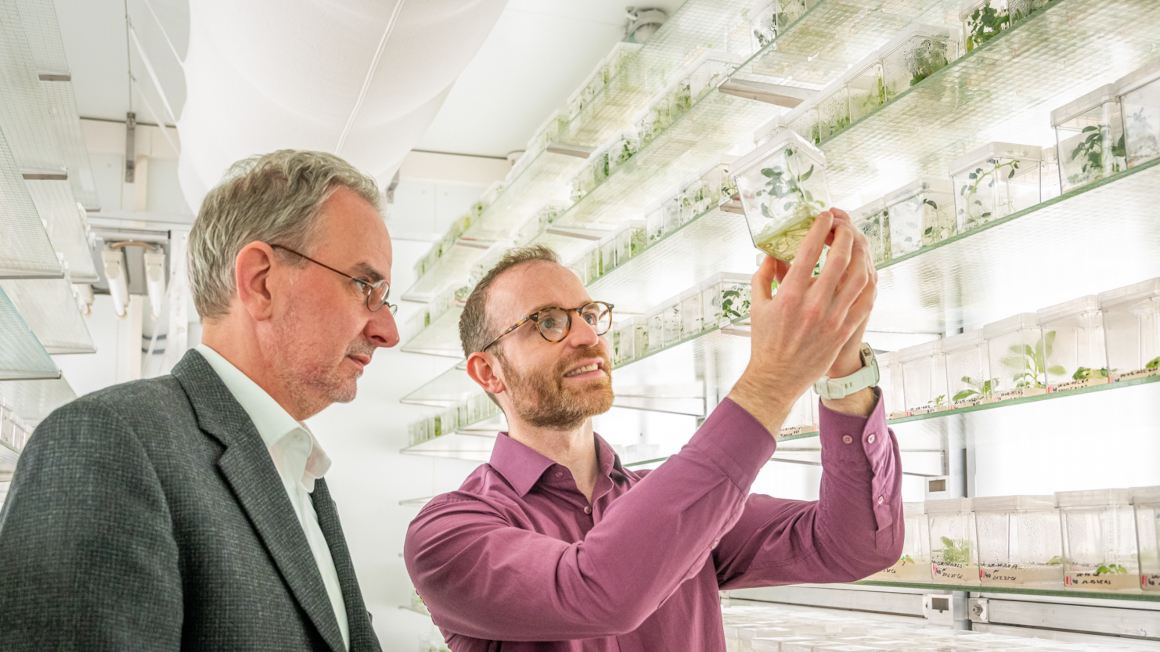Publication
Resource Soil
Research and sustainable use for the bioeconomyPublished by: Federal Ministry of Education and Research (BMBF), November 2024Edited by: bioökonomie.de/BIOCOM Interrelations GmbHOur soils are an indispensable basis for life and, as sensitive ecosystems, are at the beginning of the value chains of a bio-based economy. Application-oriented research is a key to the sustainable use of soils in the context of a bioeconomy. With the BonaRes and Rhizo4Bio initiatives, the BMBF has set a funding focus on applied soil research that is unique in Europe. The brochure describes the joint projects and presents the most important results in a compact and understandable form. The brochure also integrates the activities into the European Research Area. Download PDF
